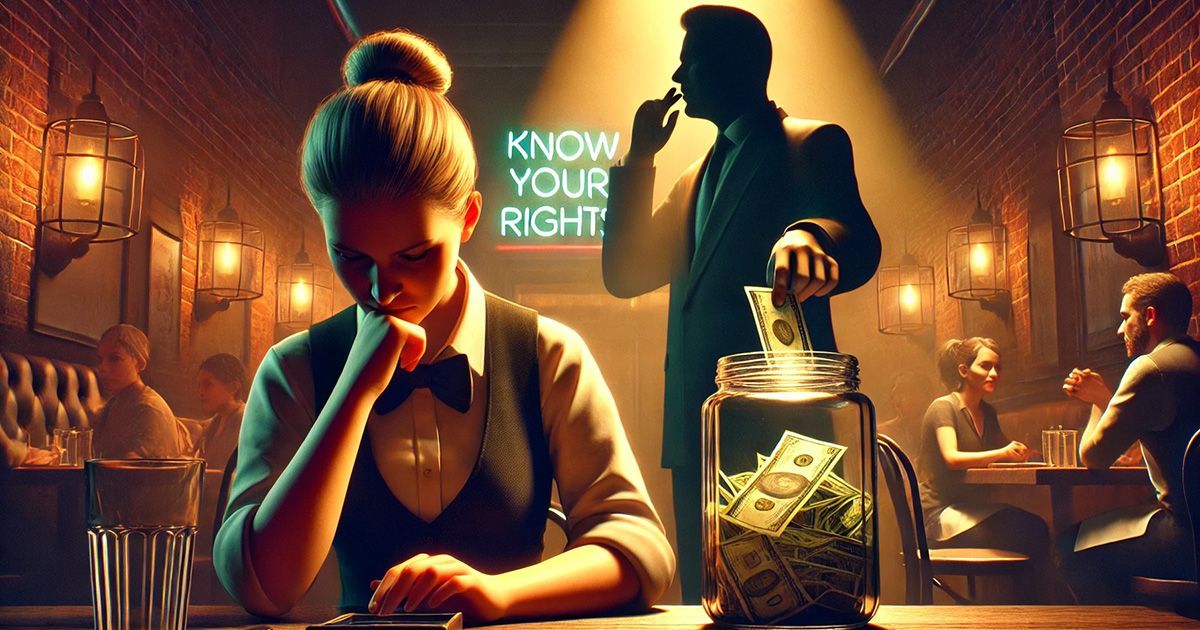Handling Negative Reviews Online
We've all seen it - the dreaded 1-star review.
Let's face it. It is NEVER fun to see one of those ratings. However, it's essential that you address it. And, you want to make certain it is done properly.
Below is a friendly, step-by-step plan you can follow whenever you see a dreaded one-star review pop up—even if it sends your blood pressure through the roof at first.
Don’t worry. You’re not alone.
Research shows most restaurant owners feel the sting of a single bad review more than the lift of multiple great ones (that’s the “negativity bias” talking). Let’s walk through a clear process to handle those tough reviews with grace, composure, and strategy.
Take a breath and assess the situation.
Sometimes the best first move is no move at all. When a harsh review pops up, step away from the keyboard for a moment—even if it’s frustrating.
Remind yourself that you ultimately control how you respond, even if you can’t control what people say about your restaurant. This calm, collected approach helps you avoid impulsive, knee-jerk replies. It also addresses our natural “negativity bias” (Baumeister et al., 2001), which makes that one bad comment feel louder than the good ones.
Investigate the review thoroughly.
Before responding, take a good look at the details. Ask your team if they recall the situation. Check reservation systems, receipts, or server notes if something feels suspicious. This detective work tells you if the reviewer has a valid complaint or if their story is questionable. That knowledge helps you respond more effectively.
Craft a CALM, empathetic response.
Open by thanking the reviewer for their feedback. Even if you disagree, acknowledge that you hear their concern. Keep it short and solution-focused—if you messed up, say so and outline how you plan to fix it.
This thoughtful approach matches what Harvard Business Review has found: polite, timely replies can boost a restaurant’s image and reassure potential customers.
Move the conversation offline.
After briefly acknowledging the issue publicly, invite the reviewer to call or email you directly. This keeps sensitive or detailed back-and-forth away from prying eyes. Plus, the Thomas-Kilmann Conflict Mode frameworks suggests that real problem-solving is easier in private discussions rather than public debates.
Offer a genuine resolution (if appropriate)
If the complaint is legitimate, propose a real fix—maybe a refund, a replacement meal, or a special invite to come back. If the review is clearly misleading or malicious, calmly set the record straight.
Either way, remain professional in your public response. Research (Schlosser, 2011) suggests customers are more likely to soften or even change a negative view if they see genuine efforts to make things right.
Follow Up
If the reviewer takes you up on your resolution, make sure the return visit or next interaction goes smoothly. It never hurts to ask if they’d consider updating their review later, but don’t push it. At minimum, an excellent second impression can turn a negative reviewer into someone who appreciates your willingness to improve.
Actively gather more positive reviews.
Encourage happy customers to share their good experiences on Yelp or Google. A friendly, genuine ask at the end of a meal, or a subtle “Thank you for dining with us! Leave a review” card, can go a long way. Over time, a healthy number of great reviews will naturally push the odd bad one down the list.
Harvard Business School research even links an extra star rating on Yelp with higher revenue, so it’s worth the effort.
Learn from the feedback
Look for recurring themes. If multiple people point out slow service or an underwhelming dish, that may be a sign it’s time for some staff training or menu tweaks. Constructive criticism might sting, but it’s a goldmine if you use it to elevate your entire dining experience.
Final thoughts
Yes, that one-star zinger can overshadow your glowing five-star reviews—and it’s definitely not fun to read. But by staying calm, investigating the facts, responding with empathy, and offering real solutions, you can often turn a negative into something positive (or at least neutralize the damage). Over time, consistent service, thoughtful engagement, and a willingness to learn from feedback will keep your reputation strong enough to withstand an occasional rough review.
And, if you would just rather have an expert in crisis management mitigate the damage and show you in a positive light, you can always have us handle it for you.☺ Click HERE to see what we can do for you.










